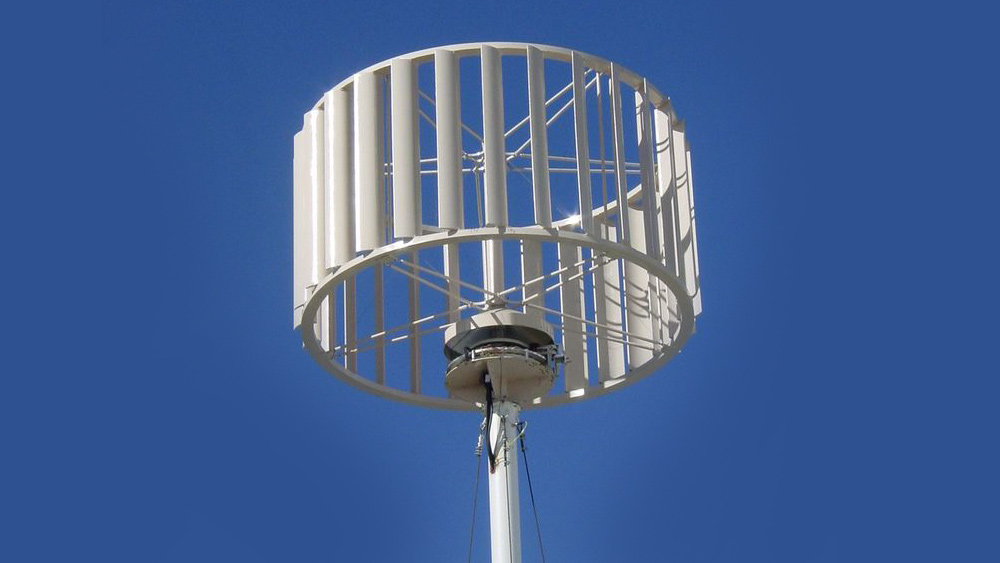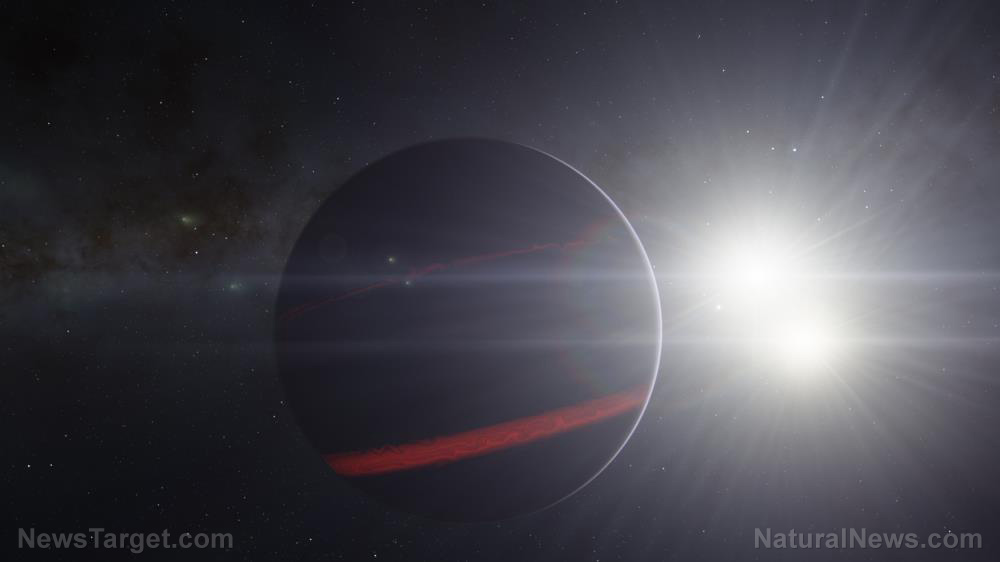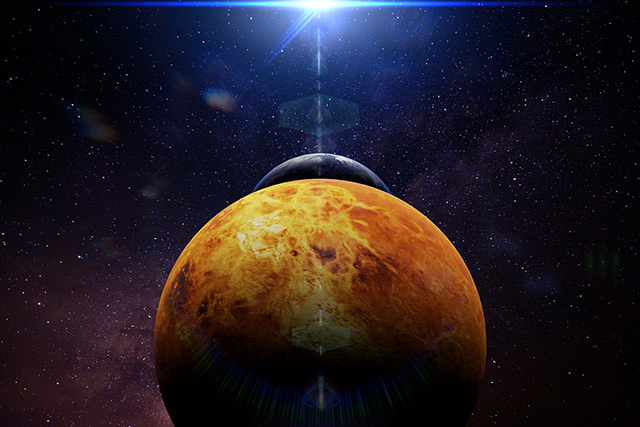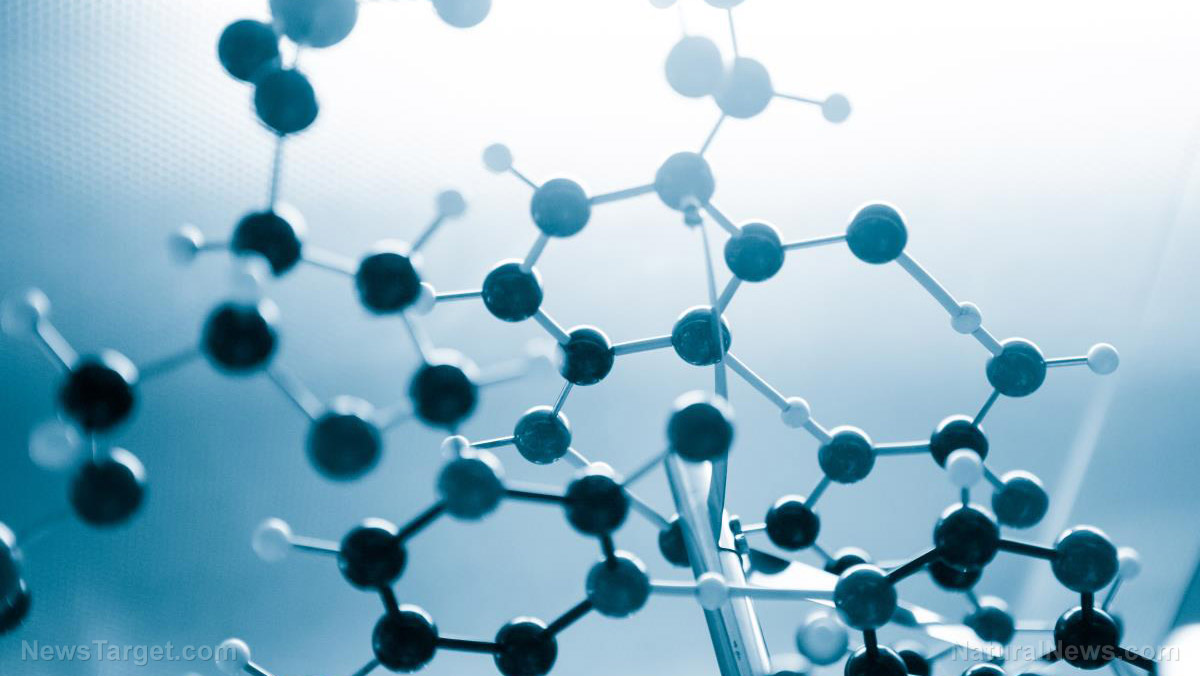Toyota’s hydrogen fuel cell can power SHIPS
03/12/2021 / By Virgilio Marin

Japanese automaker Toyota recently introduced a fuel cell system module that can be easily integrated into a wide range of products, including electric ships. Unveiled at the end of last month, the hydrogen fuel cell system will be available in four models when it hits showrooms sometime in the next few months.
Components of Toyota’s fuel cell system module
Hydrogen fuel cells convert the energy in hydrogen to electricity and generate only water and heat in the process. Their applications today are mostly for transportation, having been used to power electric vehicles. Toyota’s Mirai, for instance, runs on hydrogen fuel cells.
The firm’s new hydrogen fuel cell system is a single compact module equipped with a fuel cell stack, a built-in boost converter and components that handle air supply, hydrogen supply, cooling and power control. This modular nature eliminates the need for companies to create additional components and reduces the number of locations that the module must be connected to for easier installation.
Toyota was also able to do away with a humidifier by circulating the water produced during power generation inside the fuel cell stack. This, in turn, led to what the firm described as “a world-class, top-level” output density per unit volume.
The module can be connected directly to any existing electrical equipment that has a motor, inverter and battery, such as electric trains, buses, trucks and ships, as well as stationary generators, among other things.
Toyota has applied safety countermeasures to ensure the safe use of hydrogen and designed the module so it can operate in a wide range of environments, from low or high temperatures to high altitudes.
The fuel cell system will be available in four models – a vertical module with a rated output of either 60 kilowatts (kW) or 80 kW and a horizontal module with a rated output of either 60 kW or 80 kW. All models have a wide voltage range of 400 to 750 volts and can be easily combined to scale things up.
The module is part of Toyota’s commitment to popularize hydrogen fuel cell products. Along with the likes of South Korea’s Hyundai and Japan’s Honda, the firm has led the development of hydrogen fuel cell technology in a bid to achieve carbon neutrality by switching to hydrogen fuel. (Related: Hyzon Motors to build largest fuel cell material production facility in America.)
Prior to the new module, Toyota has already been selling hydrogen fuel cell systems to companies and allowing them to use its patents without royalties. The firm hopes that this new module will reel in more companies from across a wide range of industries.
More automakers to release hydrogen fuel cell vehicles
Many automakers outside Asia also plan to make their own hydrogen fuel cell vehicles. Last year, British automaker Jaguar Land Rover (JLR) announced an initiative to develop a hydrogen car as part of a government-funded program aimed at reducing the U.K.’s tailpipe emissions.
Called Project Zeus, this program will see JLR working on the technology with a number of British partners, including Delta Motorsport and Marelli Automotive Systems. According to a government document, the project will deliver a premium fuel cell prototype SUV with JLR attributes and zero carbon emissions.
Also last year, German automaker BMW announced that it will make a hydrogen-powered version of its X5 SUV in a bid to produce as many models as possible until one technology proves dominant. Called the “i Hydrogen NEXT,” the vehicle will use Toyota’s fuel cells and is set to get a limited production run in 2022.
European automakers Volvo and Daimler (also known as Mercedes-Benz) also joined a group of companies last year to develop hydrogen-powered trucks as part of a project to decarbonize road freight vehicles.
Called “H2Accelerate,” the project included oil and gas companies Shell and OMV, as well as Italian truckmaker Iveco. The consortium will pool investments in hydrogen trucks and fueling infrastructure to make the 2020s a “decade-long scale-up.”
Learn more about the future of hydrogen fuel at Electricity.news.
Sources include:
Tagged Under: Clean Energy, electric cars, electric vehicles, environment, future cars, future tech, goodtech, hydrogen fuel, hydrogen fuel cell vehicles, hydrogen vehicles, innovation, science and technology, Toyota
RECENT NEWS & ARTICLES
COPYRIGHT © 2018 BREAKTHROUGH.NEWS
All content posted on this site is protected under Free Speech. Breakthrough.news is not responsible for content written by contributing authors. The information on this site is provided for educational and entertainment purposes only. It is not intended as a substitute for professional advice of any kind. Breakthrough.news assumes no responsibility for the use or misuse of this material. All trademarks, registered trademarks and service marks mentioned on this site are the property of their respective owners.





















